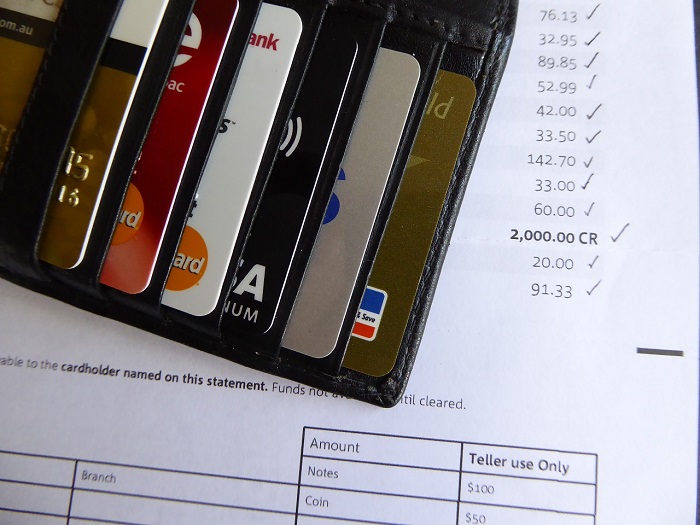Local Bankruptcy Attorney in Erie, Pennsylvania

Filing for bankruptcy can be confusing and overwhelming, but in the end, it provides debt relief and enables you to enjoy life again. When filing for bankruptcy in Pennsylvania, you need an experienced bankruptcy attorney on your side.
Attorney Tina Fryling focuses her efforts on bankruptcy law, specifically helping clients with Chapter 7 and Chapter 13 bankruptcy. She has protected hundreds of people from losing their homes, cars, and personal property. If you need a local Erie bankruptcy attorney, look no further than the law offices of Attorney Tina Fryling. We know you will walk out feeling better than when you walked in.
Filing for Bankruptcy in Erie, PA
There are two common types of individual bankruptcy filings in Pennsylvania: Chapter 7 and Chapter 13. Attorney Tina Fryling will meet with you to discuss your financial status to determine which individual bankruptcy option might be best for you. Attorney Fryling can provide assistance in a variety of other financial and bankruptcy law areas including foreclosure prevention, loan modification, avoiding wage garnishment or repossession, and stopping creditor harassment and lawsuits.
Chapter 7 Bankruptcy in Erie, PA
Chapter 7 is the most common type of bankruptcy. Typically, it involves discharging (eliminating) most general, unsecured creditors including credit cards, personal loans, auto deficiency balances, medical bills, and certain taxes. Generally speaking, if your monthly income is less than your monthly expenses, you may be able to file for Chapter 7 bankruptcy.
Chapter 13 Bankruptcy in Erie, PA
Under Chapter 13 bankruptcy, the trustee develops a repayment plan that allows clients to combine their debts and repay all or part of them, allowing them to save their home and cars while protecting clients from creditor harassment and liquidation. Chapter 13 is a solution for individuals with a regular source of income to help reorganize debts.
Contact Attorney Tina Fryling to schedule your free bankruptcy consultation appointment in Erie, PA and find out what bankruptcy solution is best for you and your family.

